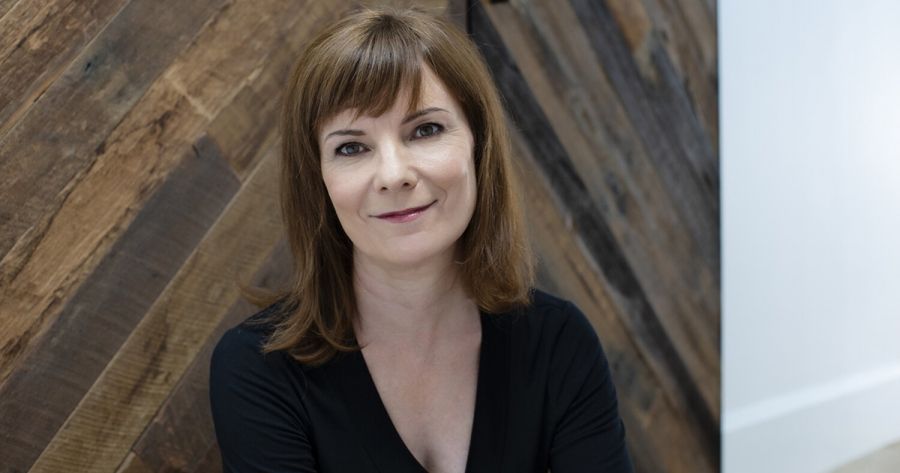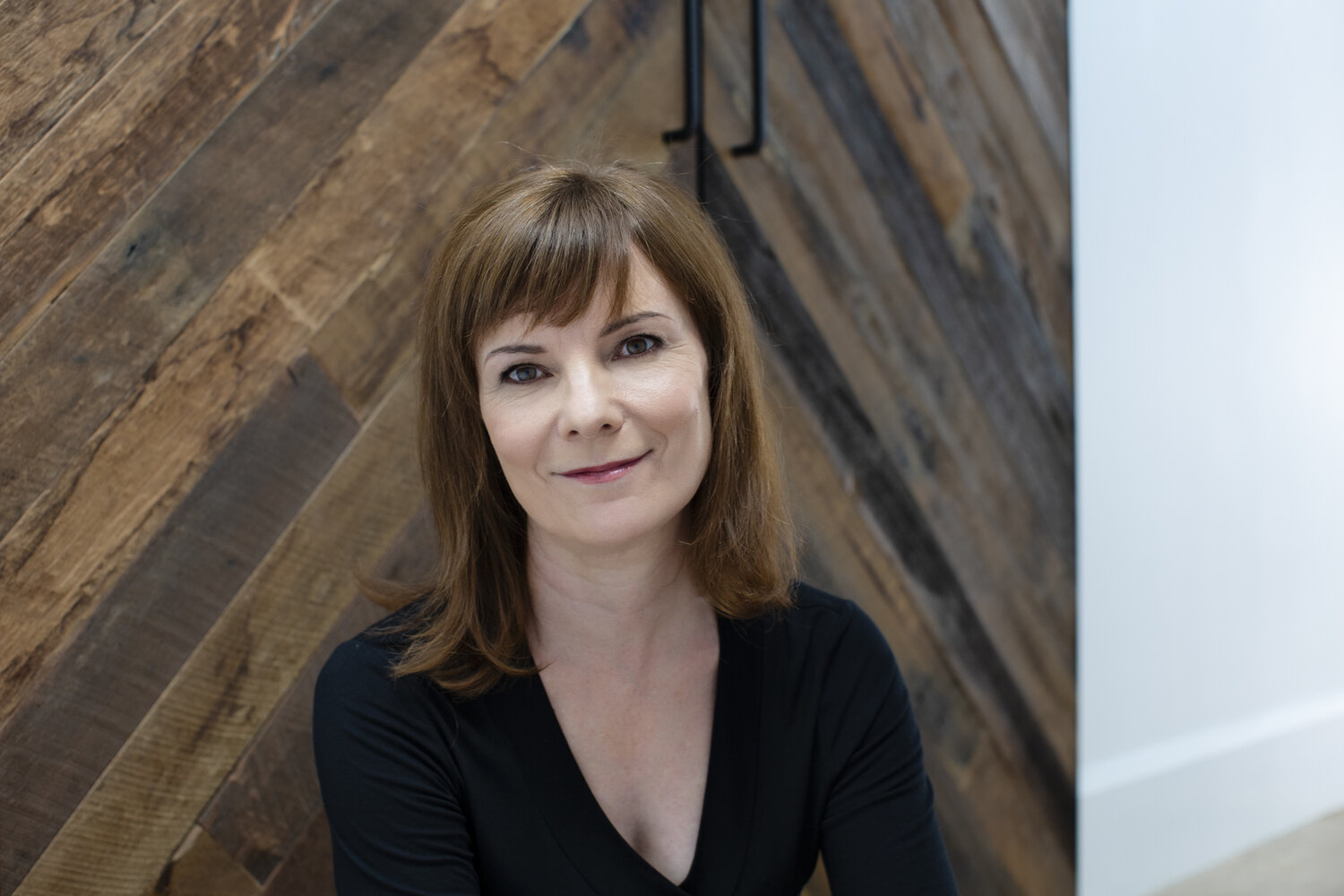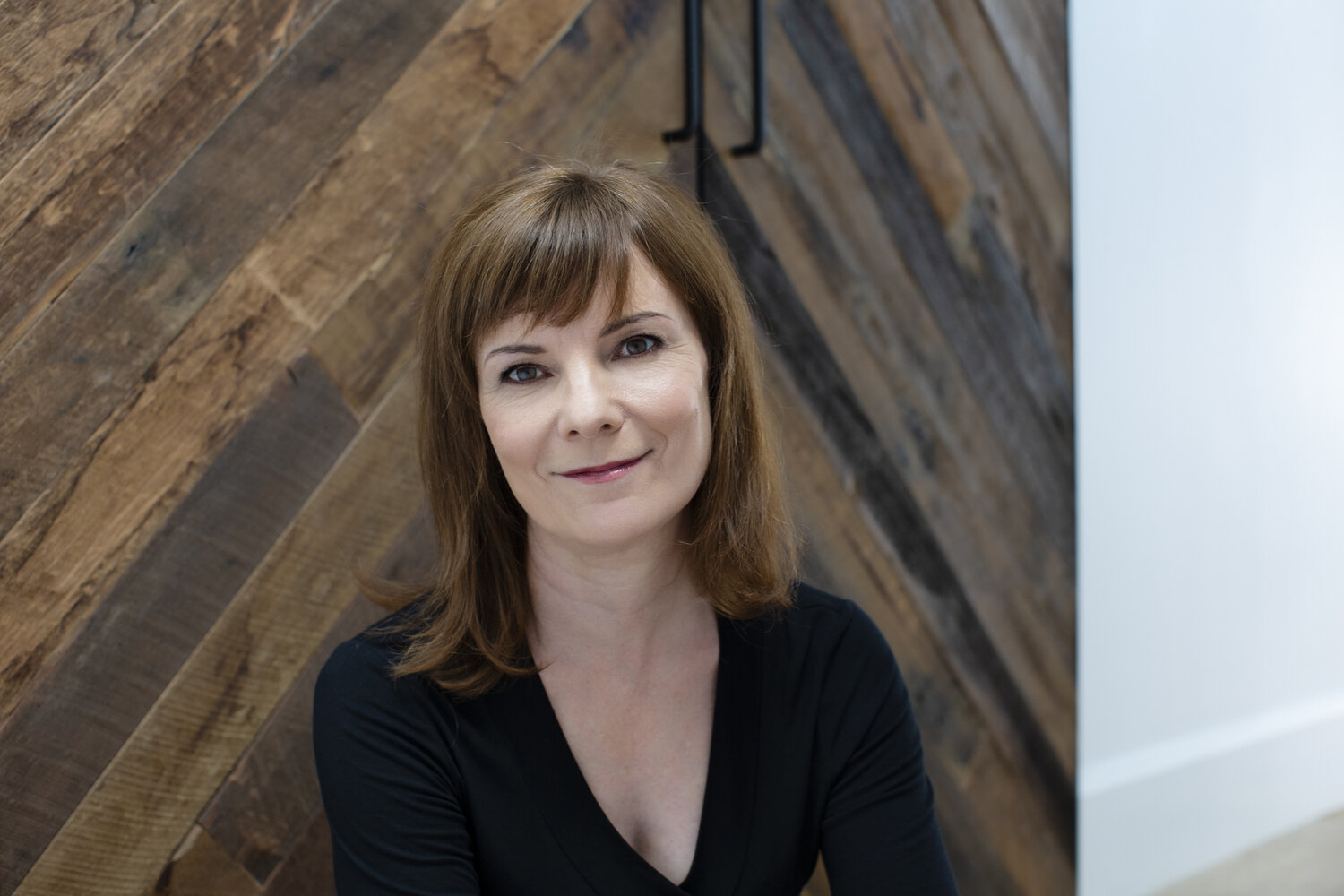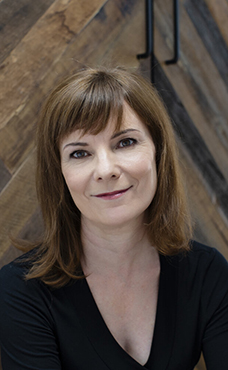
- Free Article: No
- Contents Category: Interview
- Custom Article Title: Poet of the Month with Felicity Plunkett
- Review Article: Yes
- Article Title: Poet of the Month with Felicity Plunkett
- Online Only: No
- Custom Highlight Text:
Felicity Plunkett is a poet and critic. Her books are A Kinder Sea, Seastrands, Vanishing Point, and the anthology Thirty Australian Poets (as editor). Her recent essays are ‘Plath Traps’ for the Sydney Review of Books and ‘Strange Territory: Poems as “gifts to the attentive”’ for Australian Book Review. She was an ABR Fellow in 2015 and 2019.
- Article Hero Image (920px wide):

- Article Hero Image Caption: (Photograph by Simona Janek)
- Featured Image (400px * 250px):

- Alt Tag (Featured Image): Poet of the Month with Felicity Plunkett
Which poets have influenced you most?
The first poet I read closely, and have read for decades, is Sylvia Plath. Writing this list, I hear her comment in an interview: ‘It is presumptuous to say that one is influenced by someone like Shakespeare: one reads Shakespeare, and that is that.’ In that spirit, I’ve been profoundly enriched by reading Paul Celan, Tracy K. Smith, and Alice Oswald, and by the poetry and mentorship of Dorothy Porter.
Are poems chiefly inspired or crafted?
Craft carries inspiration into the poem.
What prompts a new poem?
David Lynch describes ‘a tiny little piece’ that leads to a constellation of ideas. A lit window seen from a dark street. Disquiet. Quiet.
What circumstances are ideal for writing poetry?
Uninterrupted time to listen to a poem’s inklings. A room of one’s own. Paid bills. Reading poetry. Fortunately, most poems are generous enough not to insist on ideal conditions.
Roughly how many drafts do you produce before ‘finishing’ a poem?
The process of cultivating patience and attentiveness is different for each poem. Putting aside defining a draft (I tinker with a word or phrase countless times), allowing a poem to find its shape can involve many drafts.
Which poet would you most like to talk to – and why?
I’d like to ask Sappho about burnt words, Yi Lei about courage, and Carl Phillips about mystery, Latin, and stamina. Luckily, reading is a conversation, and I get to talk to poet friends, especially Stuart Barnes and the splendid poets I mentor and edit.
Do you have a favourite Australian poetry collection?
Gwen Harwood’s Collected Poems (edited by Alison Hoddinott and Gregory Kratzmann).
What do poets need most: solitude or a coterie?
Solitude.
Who are the poetry critics you most admire?
I love reading generous poets on poetry. Carl Phillips’s My Trade is Mystery, Jane Hirshfield’s prose, anything by Rowan Ricardo Phillips, Lisa Gorton, Denise Riley, Simon Armitage, Terrance Hayes, and emerging poet–critics including Luke Patterson, Terri Ann Quan Sing, Kerry Greer, and Alexis Lateef.
If Plato allowed you to keep one poem or poetry collection in his Republic, what would it be?
I’ll answer this impossible question by selecting the book I’ve spent the most time with: Paul Celan’s Selected Poems (translated by Michael Hamburger).
What is your favourite line of poetry (or couplet)?
‘Tell all the truth but tell it slant—’ (Emily Dickinson)
How can we inspire greater regard for poetry among readers?
Poetry’s readership could be expanded by creating opportunities to listen to poets read and speak and by making poetry available in libraries and bookshops. Often, poetry’s just not there, and you can’t regard something that’s erased. More support for poet–critics who illuminate others’ work, having poets teach poetry, and appointing a generous and well-read Poet Laureate would help.



Comments powered by CComment